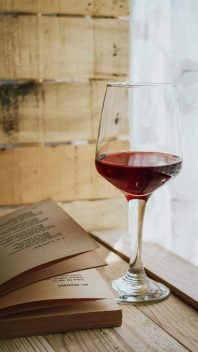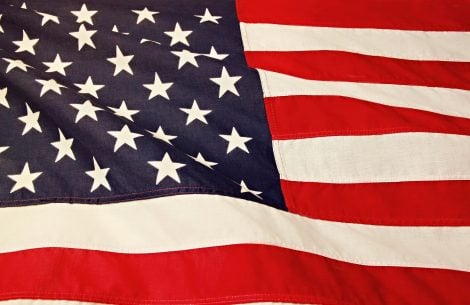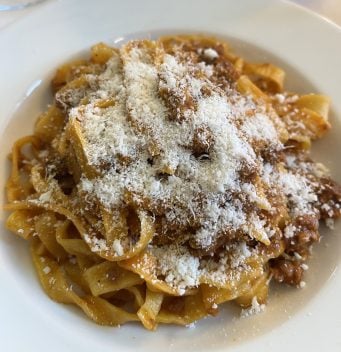by Vincenzo Russo
The discrepancy between what people say and their actual purchasing behaviour can be attributed to the well-known mechanism of the "Paradox of Too Much Choice," first identified by Iyengar and Lepper (2000). In the 1980s and 1990s, the prevailing sales strategy was to increase the number and variety of products available, in the belief that this would raise the chances of consumers finding their ideal product and thus attract more buyers. It was assumed that higher store traffic would automatically translate into increased profits.
A larger selection complicates the choice
Several studies have confirmed that a larger assortment makes it harder to make a decision, discouraging individuals and leading them to postpone their choice. Iyengar and Lepper highlighted the contrast between consumers' expectations and preferences (what is generally declared rationally) and their actual behaviour. The two researchers created two conditions: in one, they set up a store corner displaying 24 different types of jams, while in another, they displayed only 6. In both situations, two research assistants dressed as store employees invited consumers to taste the jams. The researchers measured the consumers' willingness to taste (both when invited and when approaching spontaneously) and their subsequent purchase behaviour. In the case of the wider selection, 60% of passers-by stopped to taste the jams, compared to 40% in the limited choice scenario. However, the purchasing behaviour differed significantly. With the limited choice, 30% of consumers bought the jams, while with the extensive choice (24 jams), only 3% made a purchase.
Decision overload
Although there is a rational preference for greater choice, it can lead to decision overload, which reduces the likelihood of making a purchase. This effect is known as the "Paradox of Too Much Choice" and scientifically supports the saying "Less is More." Therefore, at wine fairs, it may be more effective to present a few iconic and representative products rather than appearing as a rich bazaar where everything is available. After all, our primitive brain loves simplifications and struggles with complex comparisons between numerous products.

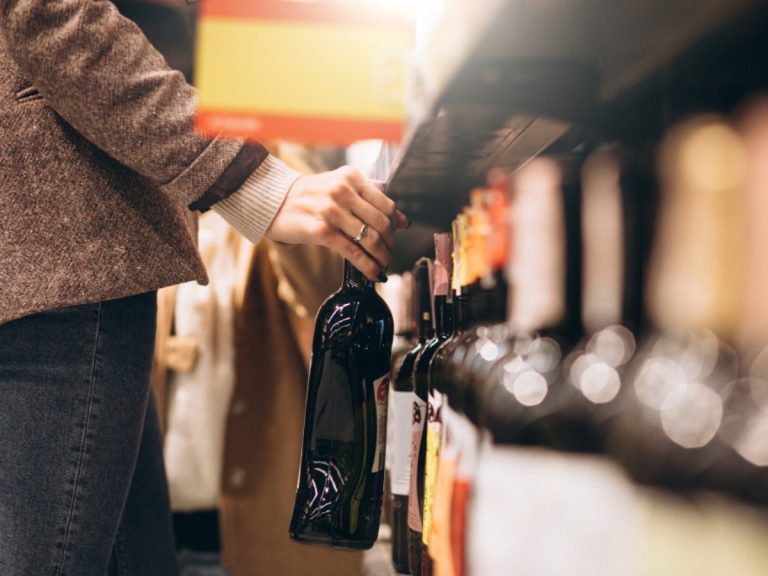
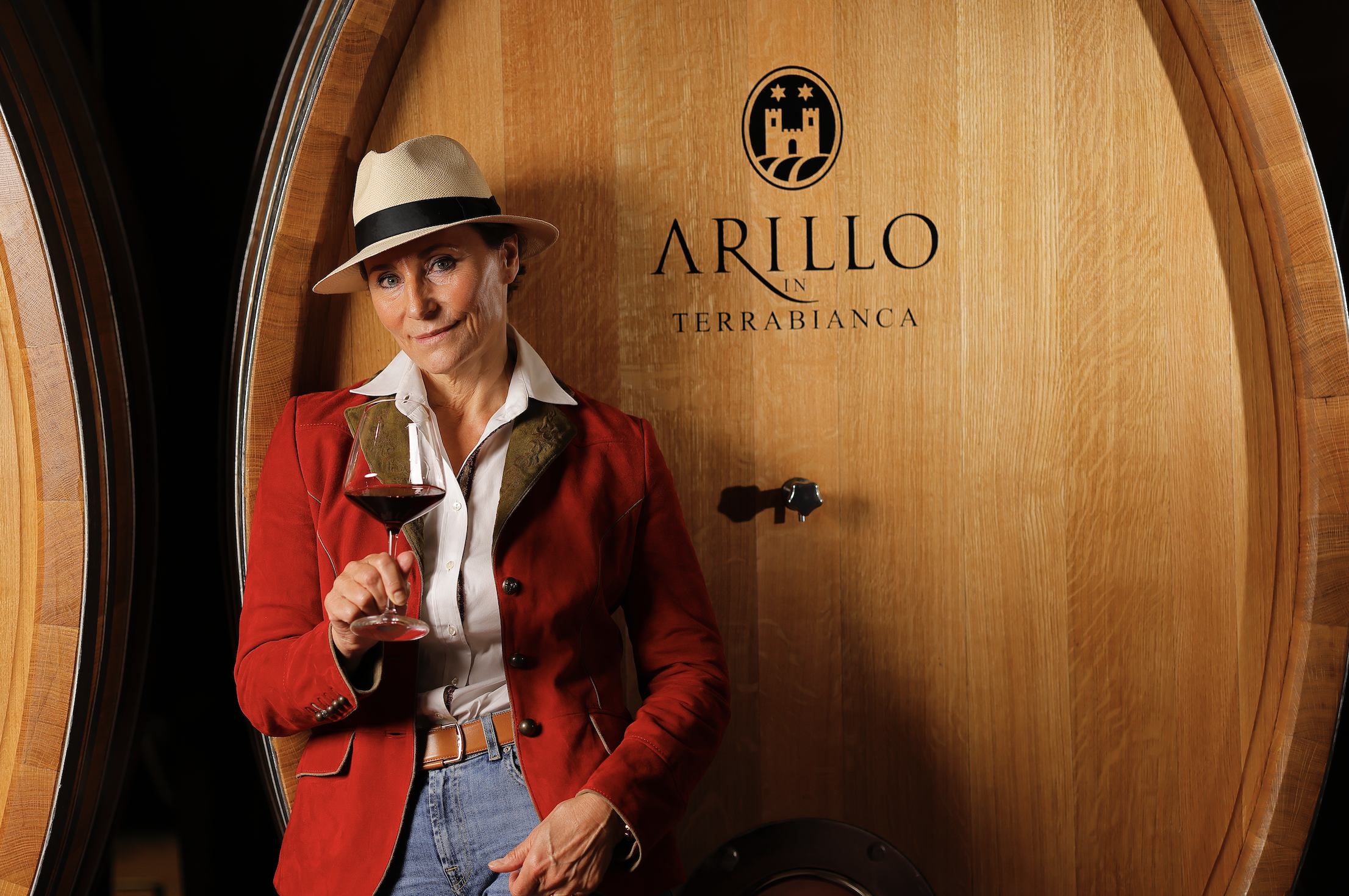 Why Arillo in Terrabianca's organic approach is paying off
Why Arillo in Terrabianca's organic approach is paying off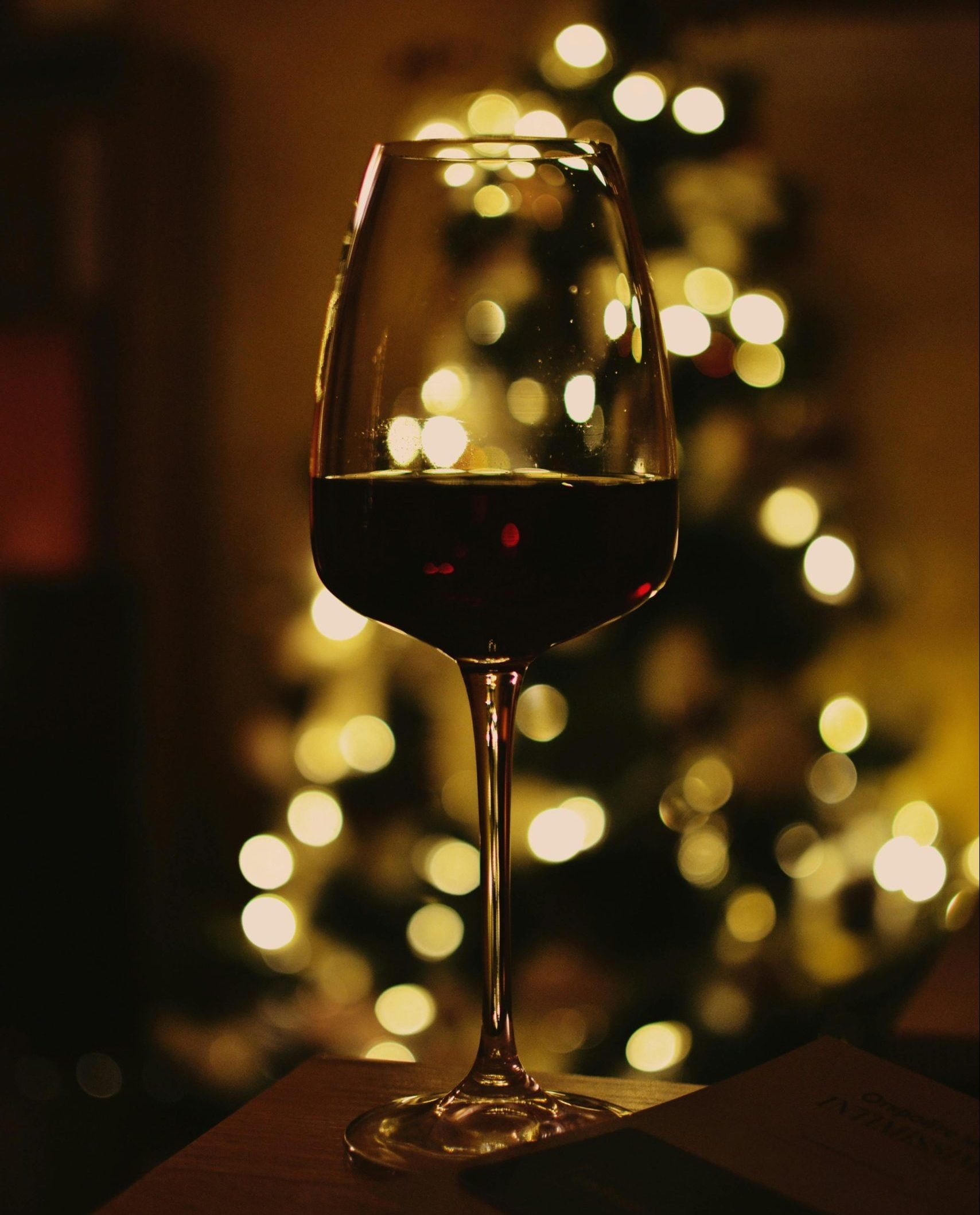 What do sommeliers drink at Christmas?
What do sommeliers drink at Christmas? The alpine hotel where you can enjoy outstanding mountain cuisine
The alpine hotel where you can enjoy outstanding mountain cuisine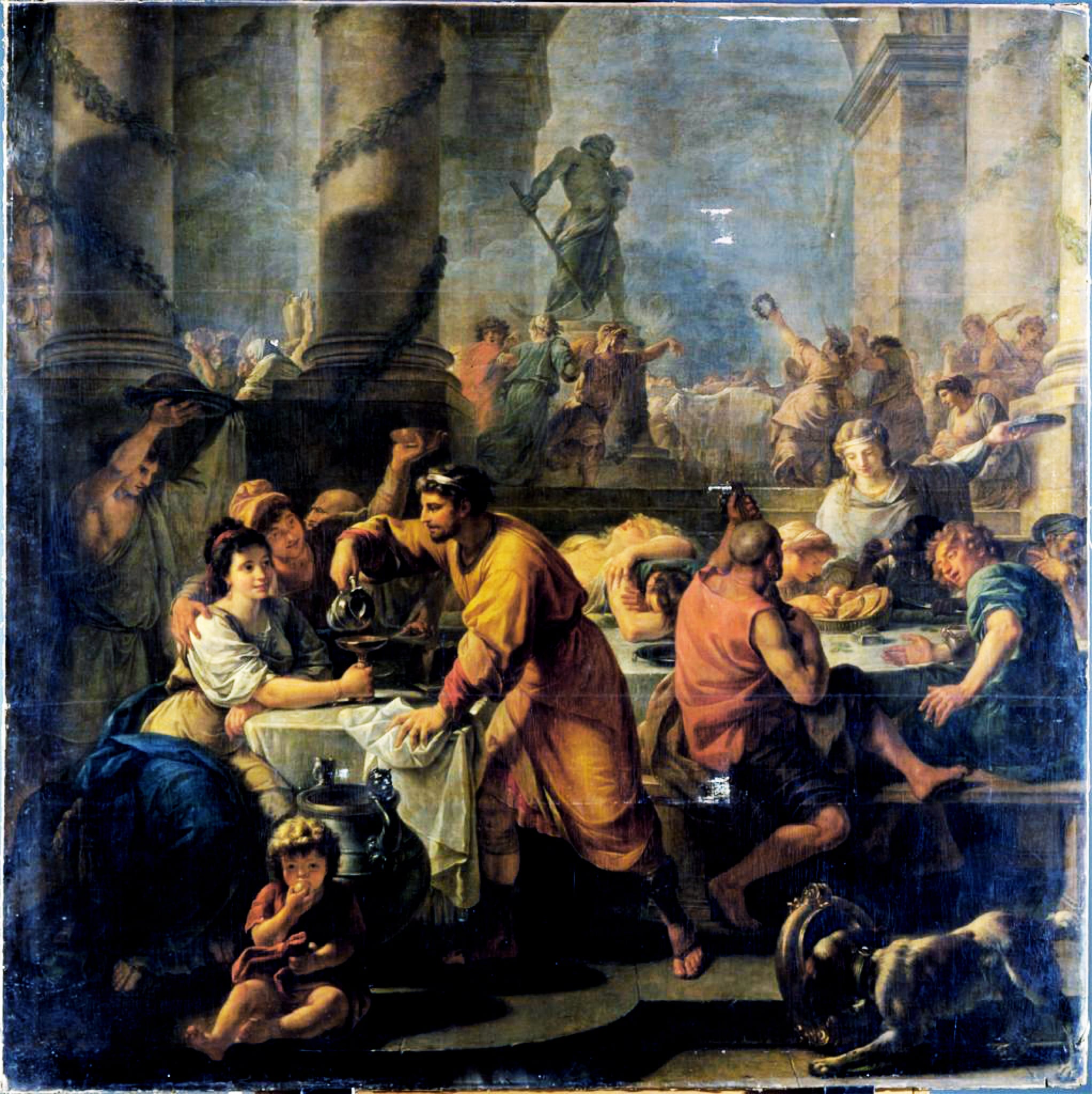 Io Saturnalia! How to celebrate the festive season like an Ancient Roman
Io Saturnalia! How to celebrate the festive season like an Ancient Roman
